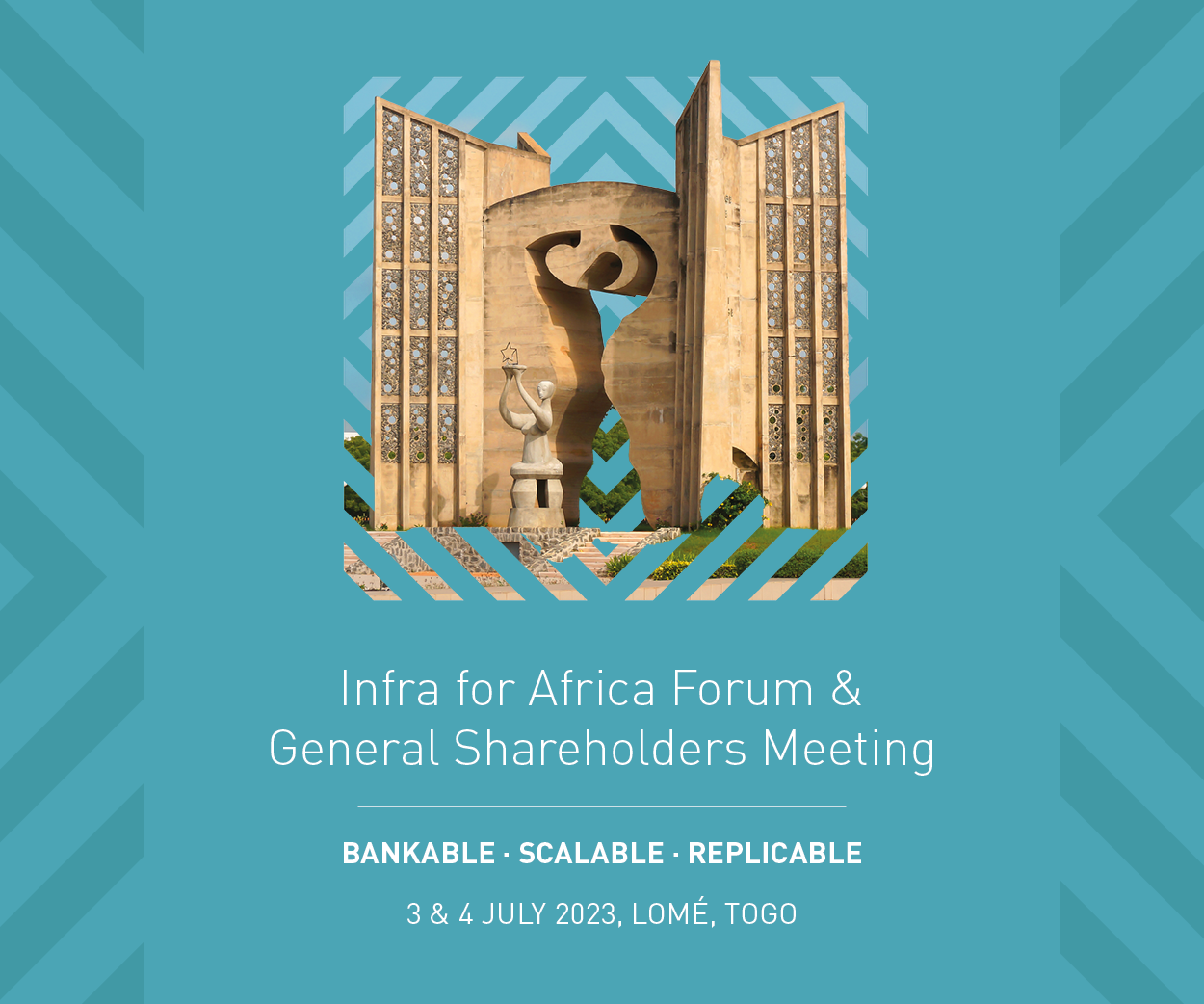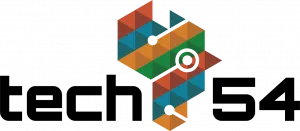Earlier this month at the Vivatech conference in Paris, the French Embassy in Senegal announced that it will provide a €300,000 ($328,497) grant for the construction of a new gaming hub in the heart of the country’s capital city, Dakar.
The investment is a partnership between the embassy and two Africa-focused video game producers, namely Masseka and Kayfo Studio. These producers will assist in recruiting local talent and building a sustainable business model for the project.
“Maybe this will lead to a joint venture between Masseka and Kayfo. For now, we’re focusing on what will make the project a success and ensure continuity when the funding ends,” Teddy Kossoko, the president of Masseka, tells African Business.
To ensure the longevity of the project, Kossoko states that he and his partner will concentrate on recruiting the best young individuals and training them to produce local and international content.
The games will then be made available on Masseka’s platform, Gara, which is similar to Apple Store and Google Play, and will be sold in the African, European, and American markets.
In an effort to diversify revenue, Kossoko, who appeared in the Forbes Africa 30 Under 30 ranking last year, says the hub will also establish a department to handle subcontracting projects for European companies. “We will do whatever it takes to generate revenue,” he adds.
“If we succeed, it will have a huge impact on the sector by opening doors. If we fail, it will make things even more complicated than they already are. So there’s a certain amount of pressure.”
Hub to boost video game production in Senegal
The hub’s main objective, according to Kossoko, is to boost the industry in Senegal. “In West Africa, there are many dynamic countries. But in the French-speaking countries, we have Côte d’Ivoire and Senegal,” he explains.
According to Google’s Africa Developer Ecosystem 2021 report, Senegal had approximately 10,000 developers in 2021. The country’s “developer landscape” was categorised as “emerging”, ahead of larger economies such as Uganda or Ethiopia, which were categorised as “nascent”.


“Senegal trains very good engineers, and the population has good purchasing power. Unofficial gaming revenues are very convincing,” Kossoko says. “We’re going to do a great job there.”
In a report published last year, the video game-focused research agency Newzoo counted approximately 511m players in the Middle East and North Africa (MENA) region in 2022, with a market valued at over $6.8bn.
The report noted that in growth regions like Latin America, the Middle East, and Africa, “player growth drivers include better mobile internet infrastructure, affordable access to mobile internet, and a growing middle class.”
Demonstrating potential of the market
Despite the encouraging progress, Kossoko remains realistic about the work that lies ahead.
“There are thousands of developers throughout the region, but they are often amateurs. The sector is struggling to professionalise, with only a dozen or so professional studios,” he explains.
The operations of the Dakar hub will commence in September, and Kossoko expects results by January of next year.
“The success of this initiative will demonstrate to private and public players the great potential of the gaming market and, hopefully, attract more investment,” he says.

To keep up with the latest in African tech, subscribe to Tech54
Our Tech54 newsletter delivers an incisive look at the continent’s tech scene every fortnight. Subscribe here.










